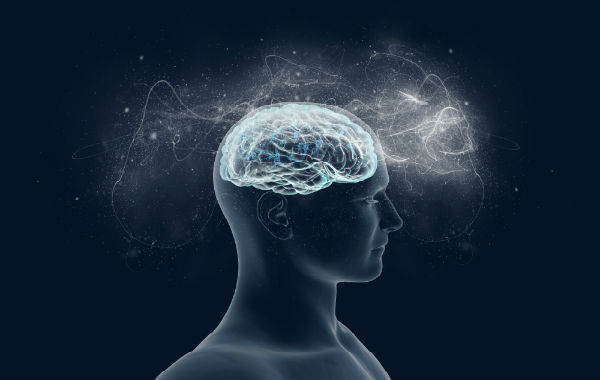
Take our thinking skills quiz
Do you know how your thinking skills change as you age? Give your brain a workout and see how your answers compare to other people's!

We know that our bodies change with age, so it should come as no surprise that our thinking skills change too.
Our thinking skills change throughout our lives. It’s a long period of gradual change, starting in youth and continuing into later life.
In this lifelong process, we experience a relatively small amount of decline in some of our thinking skills. This is known as ‘normal cognitive ageing’. It’s experienced by most of us and doesn’t usually affect our independence or quality of life.
Thinking skills that are affected by normal cognitive ageing |
Thinking skills that are not affected by normal cognitive ageing |
|
Short-term memory Reasoning Speed of processing of information |
General vocabulary Knowledge |
On average in older age, we know more than younger people but are not as quick in figuring out problems or completing tasks.
In later life, the brain becomes less efficient at creating new memories, so recalling where we left something yesterday (short-term memory) can be harder than remembering things from childhood (long-term memory).
Your brain carries the history of yourself, your family and your community
Most of us experience ‘normal cognitive ageing’ but some of us have a different experience because of differences between us as individuals. Everyone’s brain is both complex and unique so it’s not surprising that the way our thinking skills age varies between us.
Research shows that, for some people, thinking skills improve as they grow older – they do better than the norm. Some other people experience more than the ‘normal’ decline, which, in some cases, may lead to more serious loss of thinking skills or dementia.
But this decline is not an inevitable part of ageing and research shows there are ways we can help protect our thinking skills as we age.
Discover how you can help protect your thinking skills as you get older.
Scientists are very interested in why some people’s thinking skills age better than others.
Genes are responsible for many things, including physical traits like eye and hair colour. They also influence thinking skills. Evidence tells us that genes account for nearly one quarter (24%) of the change in thinking skills across our lifetime. In other words, they’re part of the story but not the full story.
As genes account for one quarter of the change in thinking skills across our lives, three quarters of the change is down to other factors. Many of these are due to lifestyle choices we can control or change, meaning we can have an impact on how our thinking skills change as we age.

Do you know how your thinking skills change as you age? Give your brain a workout and see how your answers compare to other people's!
There is evidence that something known as 'cognitive reserve' could help to protect the brain from the impact of ageing.
This is the idea that if you invest in looking after your brain through your life, you build its capacity to cope with changes as you age. This gives the brain more options and pathways through which to process information, which helps to maintain your thinking skills.
With thanks for this page to scientists in the University of Edinburgh’s Centre for Cognitive Ageing and Cognitive Epidemiology.
Photo credit: Douglas Robertson